ELLI 2 – Excellent Teaching and Learning in Engineering Science
- Projekte
- Lehre
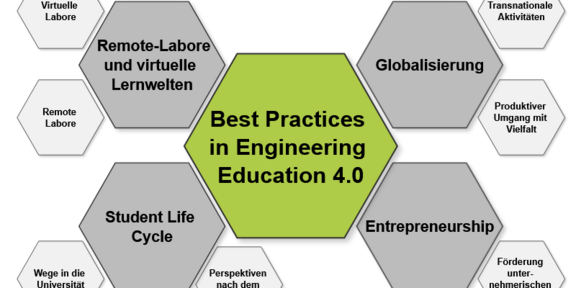
| Funding | BMBF / DLR |
| Project | 01 PL 16082 C |
| Contact | Joshua Grodotzki M. Sc. |
| Product database | BEETBox |
Teaching and learning, the main focus of the ELLI 2 project in the field of engineering sciences, was affected by the pandemic like hardly any other aspect of university life. The media was filled with reports of closed schools and universities as well as the struggle of these institutions to continue teaching despite a total lockdown. Closed campuses and school buildings forced a rapid digitization of the entire teaching process. In most cases, the teachers were neither trained to do this nor were they equipped with the proper technology. Hence, the quality of teaching suffered noticeably in many cases, especially at the beginning of the lockdown.
Preparing higher engineering education for the shift to digital teaching was one of the crucial aspects of the ELLI 2 collaborative project. Research from the previous years in the fields of teaching technology and methodology came in handy during this critical time. The entire field of digital teaching got a huge push forward, with many aspects here to stay. Since 2011 (ELLI: 2011-2016, ELLI 2: 2016-2020), TU Dortmund University, RWTH Aachen University, and RUB Ruhr-Universität Bochum have joined forces in this project, which is funded by the Federal Ministry of Education and Research as part of the Teaching Quality Pact. Combining excellent technologies with the best didactical methods is the key to the success of this project. The project consists of four core areas:
• Remote labs and virtual learning environments
• Globalization
• Student Life Cycle
• Entrepreneurship
A strategically important tool of the ELLI 2 project in this year was the workshop series Proper Digital Teaching. This workshop series was initiated proactively two years ago by the ELLI 2 team in Dortmund – way before the acute necessity posed by the pandemic. The goal of the workshop is to prepare the educators of the department of mechanical engineering at TU Dortmund University for a successful transition to digital teaching using appropriate digital tools and methods alike. In each workshop technological as well as engineering education-related aspects were presented. Once it was clear that the summer semester at TU Dortmund University would be a fully digital semester, the frequency of workshops was ramped up – of course using virtual meetings – in order to support the teachers during these unprecedented times. Owing to the engagement of all teachers and with the support of these workshops, the department of mechanical engineering can look back at a very successful semester. Everyone is well prepared for the winter semester, which will be held completely online as well.
Especially for all the laboratory courses, which traditionally take place during the winter semester, the research work from the last years focusing on remote laboratories is of high value now. That is because the best way for students and teachers to remain safe and healthy is to not get in physical contact with one another. Remote laboratories are the method of choice so that the students neither face a delay in their study program nor miss out lab courses entirely. To this end, the students can use the remote laboratories in the field of material characterization, tube bending, and additive manufacturing. The latter was enhanced by a post-processing chamber, so that the students can reconstruct the entire process chain on their own while following all safety regulations.
The current stage of the remote tube bending lab allows for the direct measurement of springback using augmented reality tools. The students can perform this measurement on their own by accessing the newly developed tool through the webpage of the laboratory. Owing to the flexible design, the tool works independently of the initially defined parameters by the students. Hence, the explorative nature of the learning process is maintained, since the students can measure arbitrary geometries. A demonstration video of the rotary draw bending remote laboratory can be accessed by following the QR code on the right.
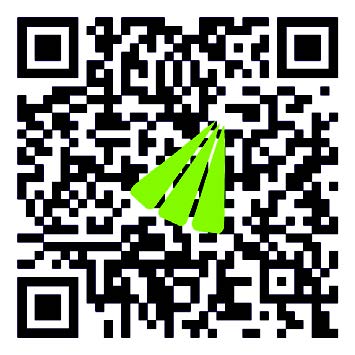
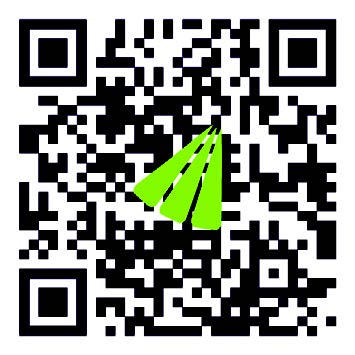
The current developments and research outcomes are frequently published. At this year’s International Conference on Remote Engineering and Virtual Instrumentation (REV) in Athens, GA, USA, the conference attendees couldtry many of the ELLI developments hands-on. They could experiment with the tele-operative testing cell for material characterization directly from the plenary hall. Mr. Upadhya’s paper on the ongoing developments of the additive manufacturing remote lab was awarded the Best Short Paper Award at the conference. The newly developed open-source user and content management platform HALO (German abbreviation for house of laboratories) was presented to the public for the first time. This platform will host all remote laboratories of the ELLI project and will also be accessible to other educators around the world. This QR code links you to the landing page of the platform.
Towards the end of the ELLI 2 project, a new homepage was conceptualized and developed in which all products that have been developed during ELLI and ELLI 2 will be archived and made accessible to the public. In this context, the term product comprises every technology and methods which has been investigated for its beneficial impact on engineering education. The list contains mobile applications, remote laboratories, software but also concepts for lectures, workshops, and seminars. The name of the page is BEETBox – Best Practices in Engineering Education Toolbox. All partners involved in the ELLI project from Aachen, Bochum, and Dortmund will include their products in this toolbox. Hence, long after the project is finished, all information will still be available to the public. As the HALO platform, the BEETBox, which can be accessed through the QR code below, is designed to be a hub for impulses and discussions centered on engineering education. Therefore, a lot of material will be available for download on the respective product pages. On each of these product pages all relevant information is given in written form as well as in the form of a short video.
The entire ELLI team wishes you lots of inspiration browsing through the products! In addition to the BEETbox, the ELLI team will publish a book on its 8 years of research at the wbv Verlag with the title “Lehren und Lernen in den Ingenieurwissenschaften: innovativ, digital, international”.
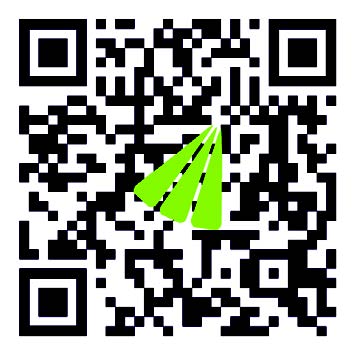



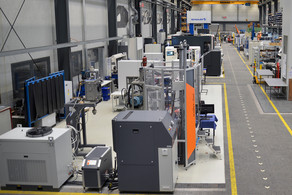
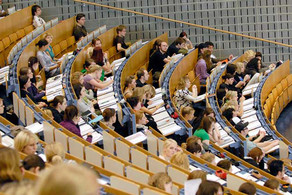
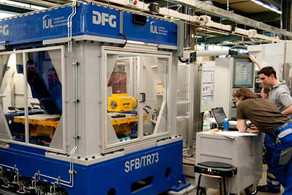
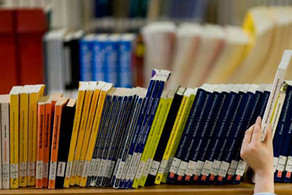
![[Translate to English:] [Translate to English:]](/storages/iul-mb/r/00_Bilder/01_DasIUL/Headerbilder/Hallenvorlesung_1_2880x640_patrick.png)